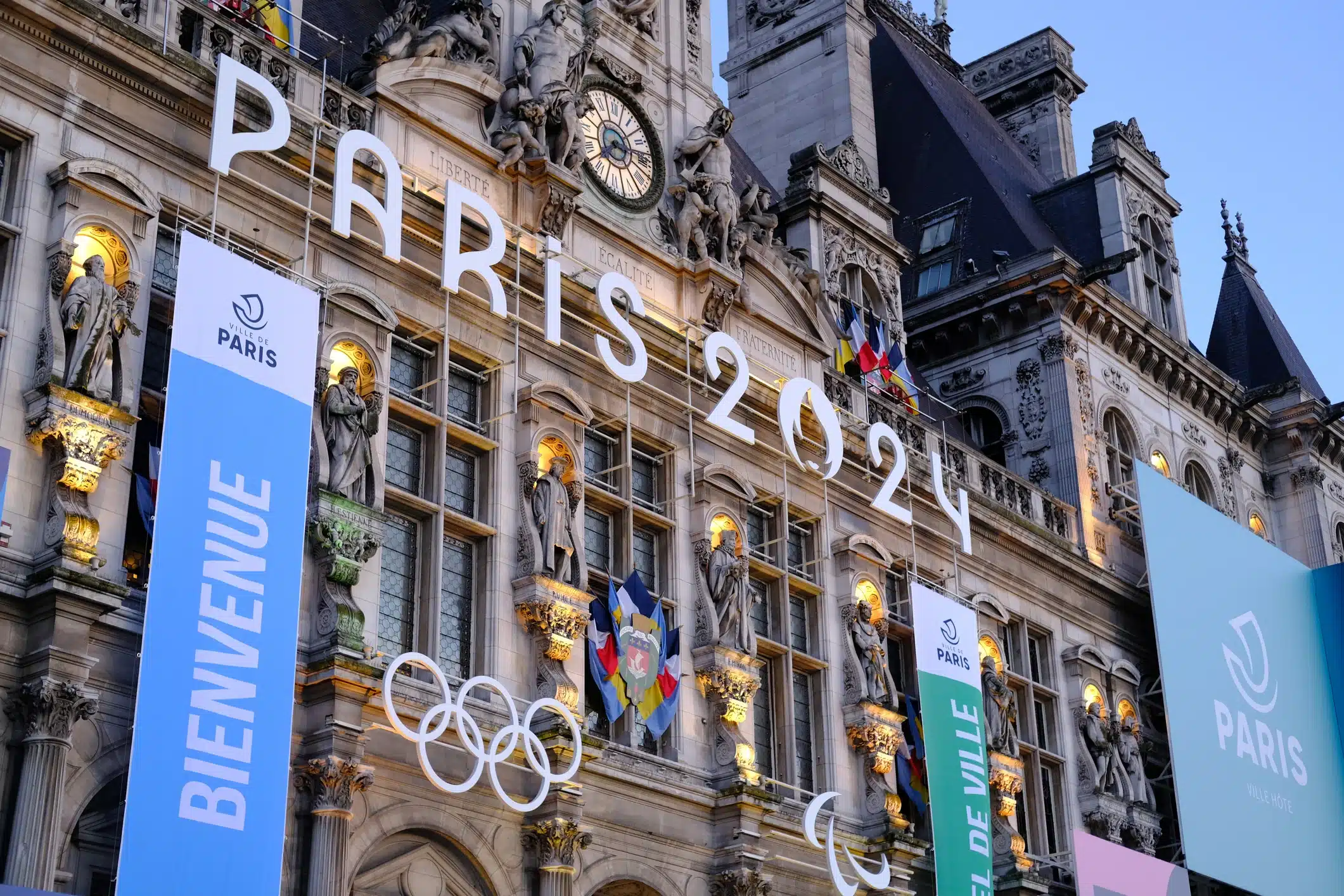The Paris Olympics, starting on July 26, is paving the way for a greener future in major sporting events by implementing various sustainability strategies. The event aims to significantly reduce greenhouse gas emissions and set new standards for eco-friendly practices in the sporting world.
The Paris Olympics, beginning on July 26, aims to set new sustainability standards for major sporting events. Organizers plan to minimize environmental impact by reducing meat options in athletes’ menus, limiting new venue construction, and eliminating diesel generators for broadcasts. The event will test the International Olympic Committee’s (IOC) sustainability strategies, targeting a 50% reduction in greenhouse gas emissions compared to the London 2012 and Rio de Janeiro 2016 Games.
Paris has only built a new aquatics center in Saint-Denis and is utilizing eight temporary venues near landmarks like the Eiffel Tower. Initiatives include constructing the athletes’ village with low-carbon materials, planning for equipment reuse, and utilizing solar energy. However, criticisms remain about the challenges of hosting large-scale events sustainably, especially considering air travel and plastic use.
Looking ahead, Los Angeles (2028) and Brisbane (2032) have committed to sustainable practices, including venue reuse and improving public transport. Despite these efforts, some experts argue for rethinking the traditional format of the Games to further reduce their environmental footprint.
Subscribe
Sign-up to receive our newsletter

